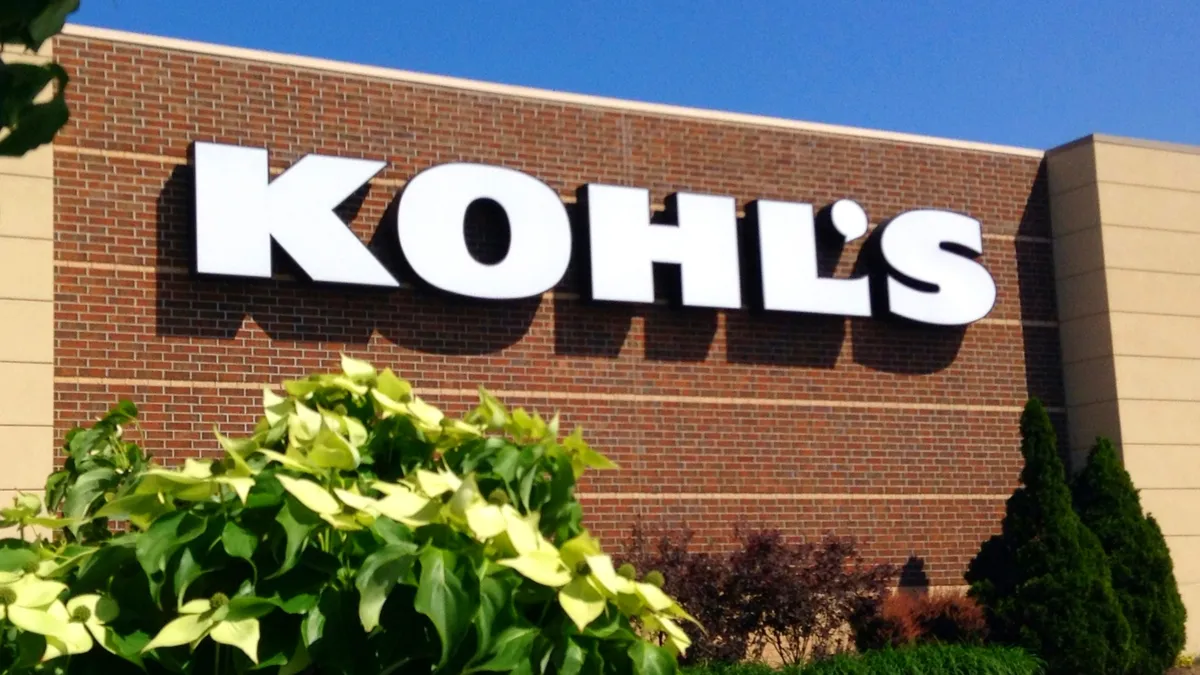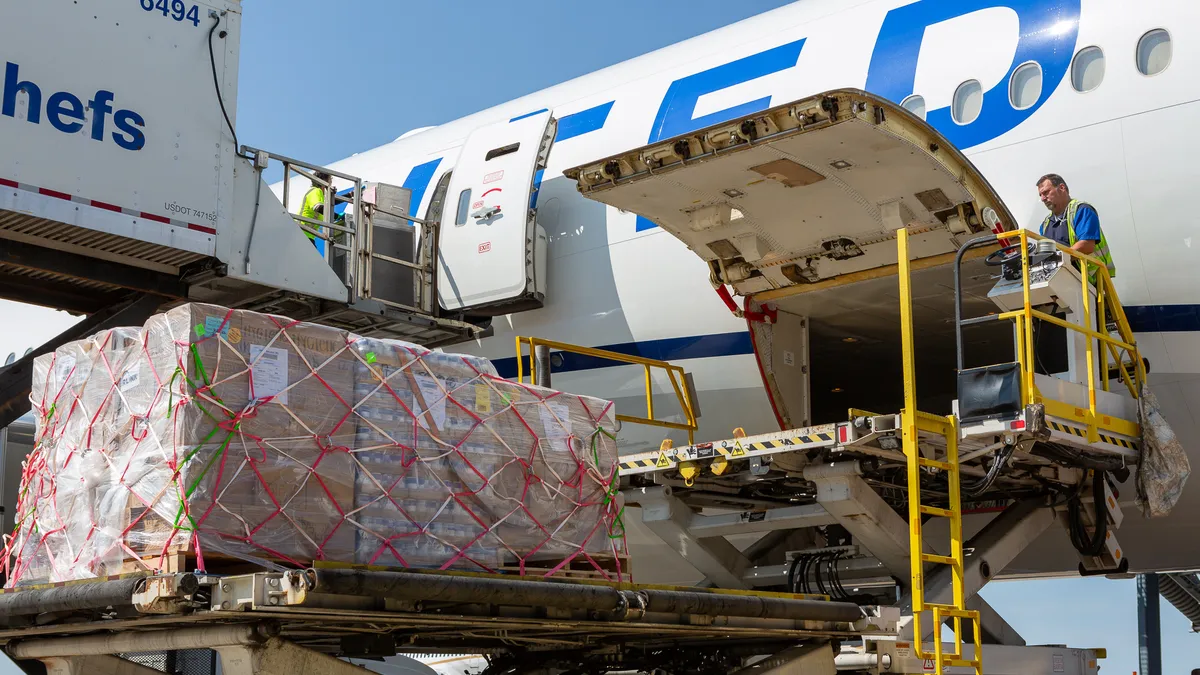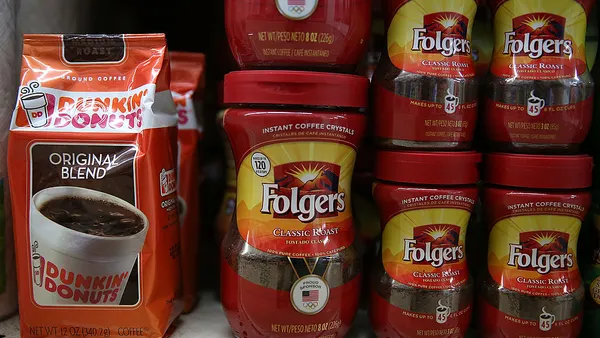Dive Brief:
- In the midst of the United Nations Climate Action Summit in New York this week, 59 companies, including Danone, ASICS Corporation, Electrolux, Ericsson Group, Guess, Inter IKEA Group, Nestlé, Nokia, have committed to lowering their carbon emissions to keep global temperature rise within 1.5 degrees Celsius (from pre-industrial levels), according to a press release emailed to Supply Chain Dive.
- The 59 new commitments join 28 other major firms that committed to the same standard — through the Science Based Targets initiative (SBTi) — in July. These companies have also committed to net-zero emissions by 2050.
- “It is encouraging to see many first-movers in the private sector align with civil society and ambitious Governments by stepping up in support of a 1.5°C future,” said UN Secretary-General António Guterres in a statement. “Now we need many more companies to join the movement, sending a clear signal that markets are shifting.”
Dive Insight:
The SBTi evaluates private sector plans to reduce carbon emissions in line with the goals laid out in the Paris Agreement. Though the U.S. pulled out of the agreement in 2017, many American firms are still committed to curbing the impact of climate change as the agreement details. 124 U.S. headquartered companies have either committed to setting targets in the future or have already set targets, according to the SBTi online database.
Companies that commit to the SBTi do so in writing. They then have 24 months to develop, submit for approval and publicize the targets. Based on the initiative's online list of companies, 645 companies have committed to setting science-based targets, and 268 have approved targets.
“Science-based targets provide a blueprint for companies to make a clear contribution to meeting the goals of the Paris Agreement, but we need all hands on deck. There is not a minute to lose," said Andrew Steer, SBTi Board Member and President and CEO of World Resources Institute, in a statement.
Though the SBTi still accepts carbon reduction targets in line with a 2 degree Celsius global temperature rise cap, the initiative began encouraging more ambitious standards after the Intergovernmental Panel on Climate Change’s (IPCC) Special Report on Global Warming of 1.5°C was published in October 2018, which Steer called "a wake-up call for the global economy."
Many of the firms listed in today's and July's announcements had existing targets set, but have since made their emissions reductions goals stricter as the SBTi embraced the 1.5-degree standard.
"Warming beyond 1.5°C is a calamity we simply must not risk,” said Steer in today's release.














